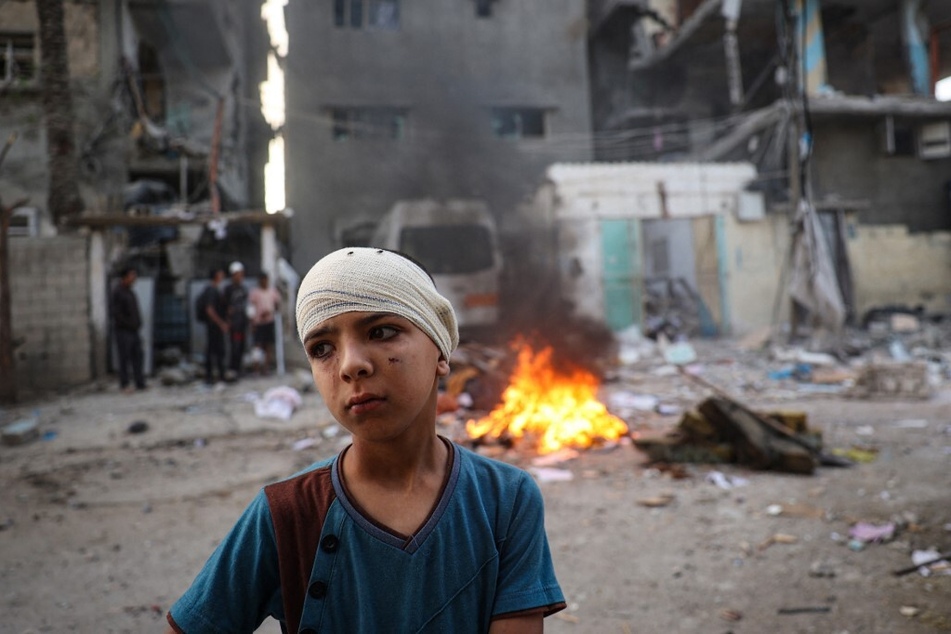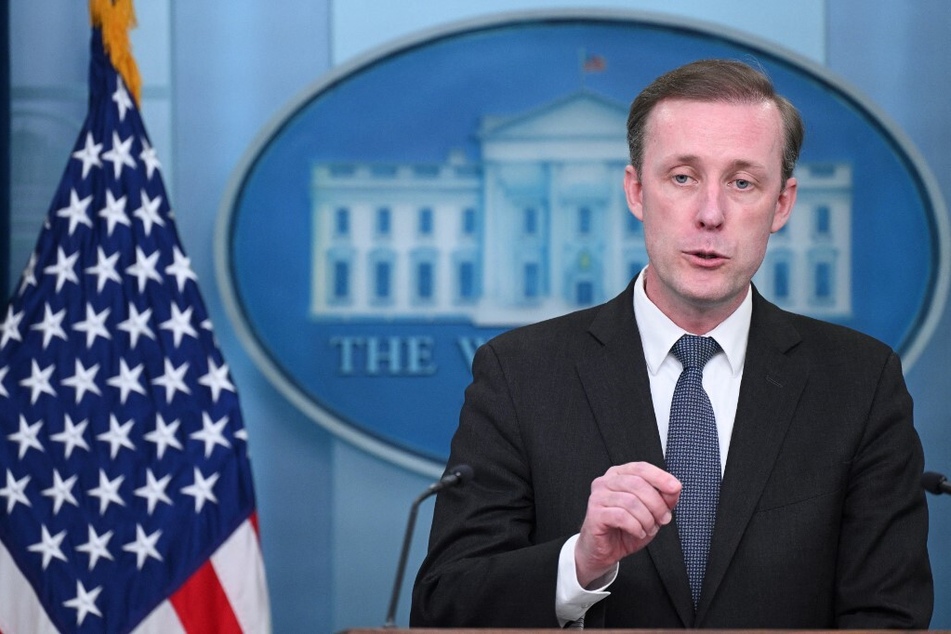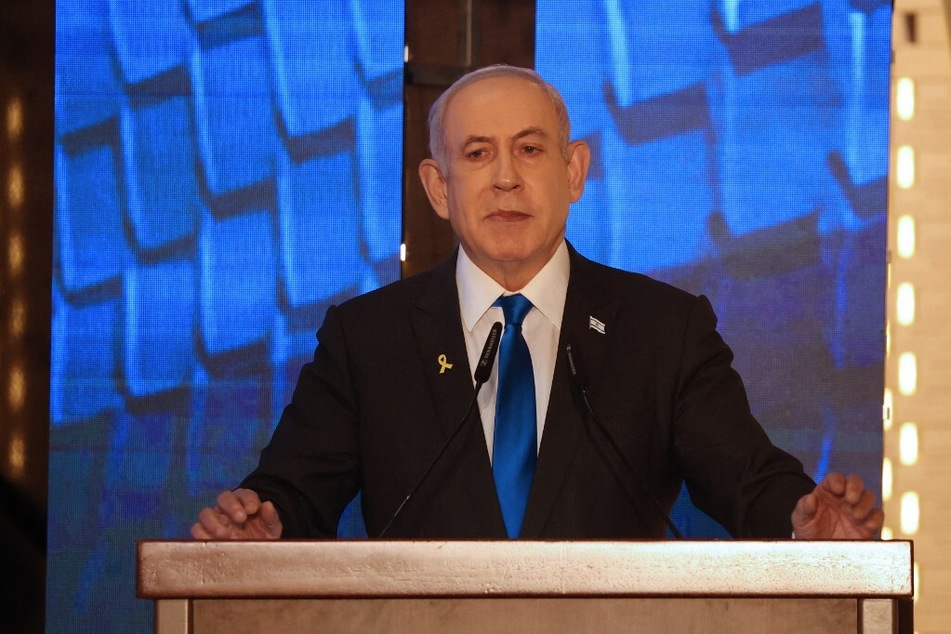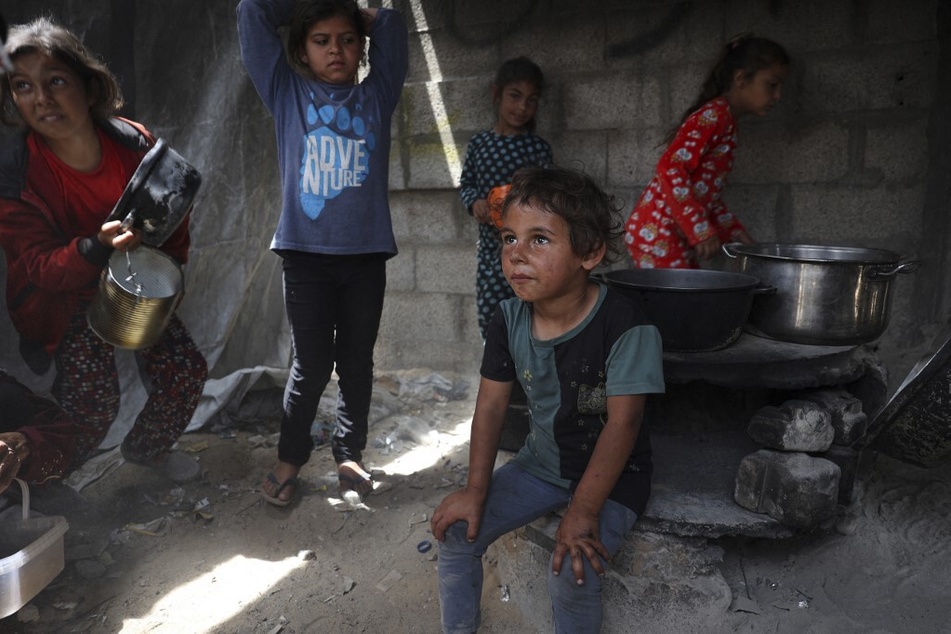Israel launches deadly strikes on Gaza amid US national security advisor visit
Gaza - An Israeli strike killed 31 people in central Gaza Sunday, the Palestinian territory's civil defense agency said, as US National Security Advisor Jake Sullivan visited for talks.

Israeli troops have continued to bomb and move in on the Gaza Strip's far-southern city of Rafah, where over 1 million Palestinians had sought shelter amid relentless Israeli attacks and increasingly desperate humanitarian conditions.
Hamas' armed wing, the Ezzedine Al-Qassam Brigades, said it was targeting Israeli forces stationed at Rafah crossing with mortar fire. The vital conduit for humanitarian aid is now closed after Israel took control last week.
Israel has also fought and bombed northern and central areas of the occupied coastal territory previously considered to be under army control.
Israel has killed at least 35,456 people in Gaza since October.
In the latest aerial bombardment overnight, Gaza's civil defense agency said an Israeli strike had killed 31 people and wounded 20 in a home in the central Nuseirat refugee camp.
Israel's military, which on Sunday claimed its aircraft had "struck dozens of terror targets" over the past 24 hours, said it was checking the reports.
Witness Yasser Abu Oula told AFP an entire residential complex "was destroyed" and "there are still bodies under the rubble."
Jake Sullivan meets Israeli PM Benjamin Netanyahu

Israel's Prime Minister Benjamin Netanyahu has vowed to keep up the Gaza assault – including a Rafah invasion that has sparked dire warnings from the United Nations the US, and more countries as well as renewed proceedings before the International Court of Justice.
Netanyahu has faced intense opposition and calls to announce a plan for Gaza's governance – from Washington, from mass street protests, and now also from members of his war cabinet. Meanwhile, Palestinians are calling for an end to the decades-long Israeli occupation and denial of self-determination.
Amid the political turmoil, Sullivan met his Israeli counterpart Tzachi Hanegbi and Netanyahu in Jerusalem for talks on the brutal Gaza conflict and post-war scenarios.
He briefed Netanyahu on the "potential" of a normalization deal between Israel and Saudi Arabia after holding talks in the region, the White House said Sunday.
Sullivan also called on the Israeli prime minister to link the military operation against Hamas in Gaza with a "political strategy" for the future of the Palestinian enclave, according to the White House.
Washington urges Israel to pursue two-state solution

Washington has pushed for a post-war plan for Gaza involving Palestinians and supported by regional powers, as well as for a broader diplomatic deal under which Israel and regional powerhouse Saudi Arabia would normalize relations.
Israel's Centrist politician Benny Gantz threatened Saturday to quit the governing hard-right coalition over just this issue. He has called for Netanyahu to approve a post-war "action plan" by June 8.
Gantz demanded steps to defeat Hamas, to bring home Israeli hostages, and to form an "American, European, Arab and Palestinian administration that will manage civilian affairs in the Gaza Strip."
Netanyahu has dismissed Gantz's comments, saying they would lead to "a defeat for Israel" and "the establishment of a Palestinian state," which he fiercely opposes.
US President Joe Biden called Sunday for an immediate Gaza ceasefire and said he was pushing for a regional peace deal "to get a two-state solution, the only solution." Meanwhile, his administration continues to supply Israel with billions of dollars' worth of deadly weapons.
Other advocates have called for a "one-state solution," which would unite Israel, the West Bank, and the Gaza Strip as one democratic nation with full rights for all.
Israel severely limits humanitarian aid to Gaza

Israel has imposed a siege on the long-blockaded Gaza Strip, depriving its 2.4 million people of normal access to clean water, food, medicines, and fuel.
The head of the UN agency helping Palestinians said that "despite all the calls by the international community not to launch an offensive in Rafah, in reality an offensive started on May 6."
Since then, "we have again about half of the population of Gaza being on the road forced to flee" for safety once more, though "we keep saying there is absolutely nowhere to go," UNRWA chief Philippe Lazzarini told reporters in Amman.
Lazzarini said that because of the fighting, "almost nothing in terms of aid is crossing" into Gaza, raising fears that recent gains made "to prevent a looming famine ... might quickly be reversed."
Truck arrivals have slowed after the Rafah crossing with Egypt closed when Israel launched its operation in the city.
After a series of Israeli settler attacks on Gaza-bound trucks, a group of Israeli civilians on Sunday traveled with an aid convoy to protect it, an AFP correspondent said.
Aid has also begun entering via a temporary US-built floating pier, where shipments sent from Cyprus are offloaded for distribution. The United Arab Emirates said Sunday a shipment of 252 tons of aid had been unloaded after arriving from the Cypriot port of Larnaca.
The UN's humanitarian chief Martin Griffiths warned that if dire fuel shortages were not alleviated, the "famine which we have talked about for so long, and which is looming, will not be looming anymore. It will be present."
"Our worry ... is that the consequence is going to be really, really hard," he told AFP in Qatar. "Hard, difficult, and apocalyptic."
Cover photo: AFP

